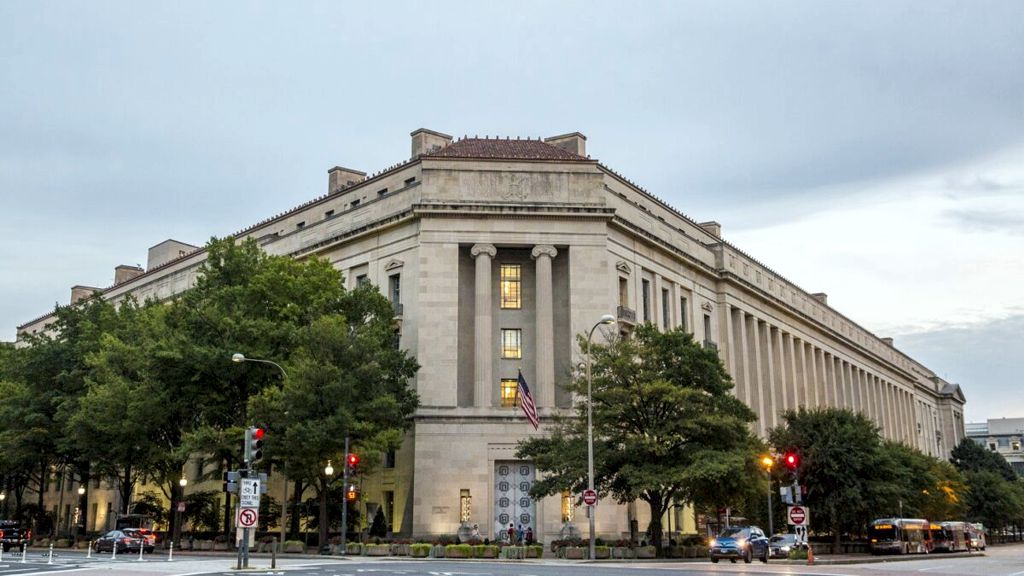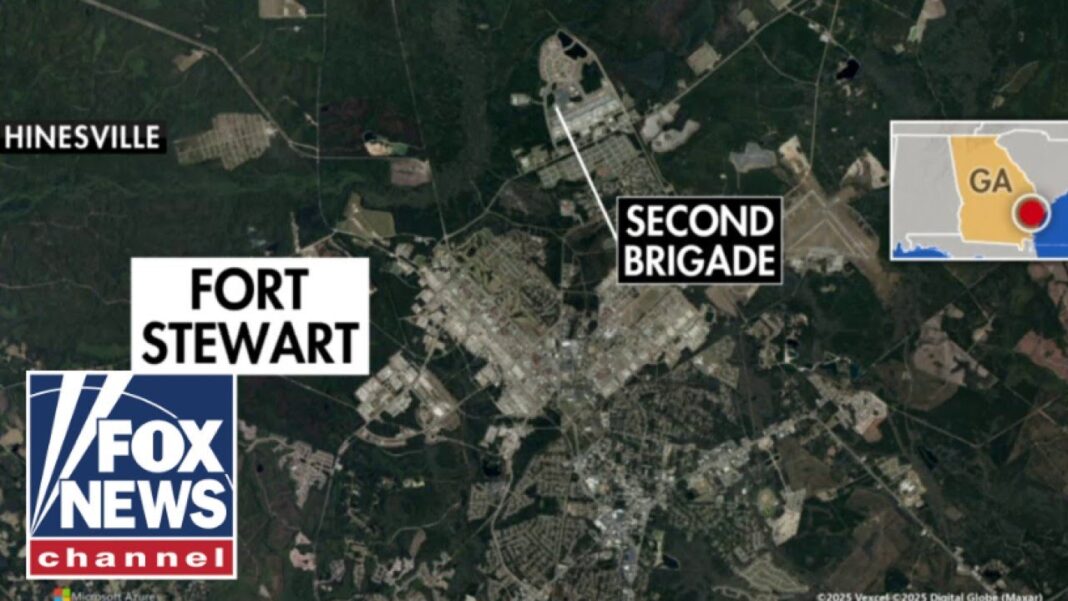‘Sanctuary policies impede law enforcement and put American citizens at risk by design,’ Attorney General Pam Bondi said.
The Department of Justice (DOJ) on Aug. 5 released an updated list of state and local jurisdictions judged by the administration to be sanctuary jurisdictions flouting federal immigration law.
“Sanctuary policies impede law enforcement and put American citizens at risk by design,” Attorney General Pam Bondi said in a statement attached to the updated list.
Sanctuary jurisdictions describe jurisdictions in which officials refuse to enforce federal immigration law or refuse to comply with federal immigration authorities. The DOJ describes such jurisdictions as having undertaken “actions and policies that materially impede enforcement of federal immigration statutes and regulations” in the area.
The DOJ lists 12 states and the District of Columbia, four counties, and 18 cities as being such jurisdictions.
The list was released in line with an executive order signed by President Donald Trump in April, which said that “some State and local officials … continue to use their authority to violate, obstruct, and defy the enforcement of Federal immigration laws” and “[i]t is imperative that the Federal Government restore the enforcement of United States law.”
The 12 states listed in the DOJ release include California, Colorado, Connecticut, Delaware, Illinois, Minnesota, Nevada, New York, Oregon, Rhode Island, Vermont, and Washington.
The counties include Baltimore County, Maryland; Cook County, Illinois; San Diego County, California; and San Francisco County, California.
The cities include several major American population centers, including Boston, Chicago, Denver, Los Angeles, New Orleans, New York City, Philadelphia, Seattle, and San Francisco. Also listed are Albuquerque, New Mexico; Berkeley, California; East Lansing, Michigan; Hoboken, Jersey City, Newark, Paterson, all in New Jersey; Portland, Oregon; and Rochester, New York.
The criteria for inclusion as such a jurisdiction include public declarations of being such, city or state ordinances that obstruct or limit cooperation with federal immigration enforcement, placing restrictions on sharing information with federal immigration authorities, and other actions that limit enforcement of federal immigration law over a specific area.
By Joseph Lord







